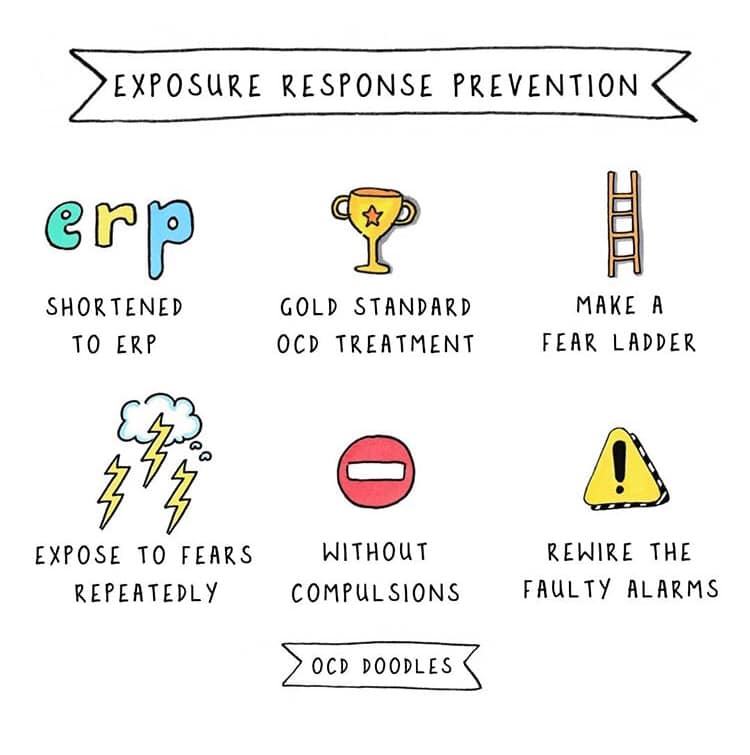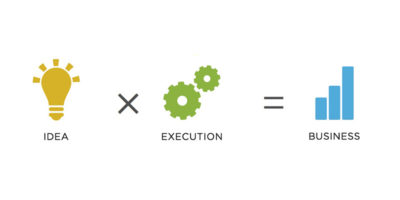 The ketogenic diet, also known as the “keto diet,” is a high-fat, low-carbohydrate diet that has gained popularity in recent years for its potential health benefits. The diet works by forcing the body to burn fat for fuel instead of carbohydrates, which results in a state of ketosis. The potential benefits of the ketogenic diet include weight loss, improved insulin sensitivity, and reduced risk of certain chronic diseases. However, there is limited research on the impact of the ketogenic diet on attention and cognitive function, which is an important aspect of our overall health and well-being.
The ketogenic diet, also known as the “keto diet,” is a high-fat, low-carbohydrate diet that has gained popularity in recent years for its potential health benefits. The diet works by forcing the body to burn fat for fuel instead of carbohydrates, which results in a state of ketosis. The potential benefits of the ketogenic diet include weight loss, improved insulin sensitivity, and reduced risk of certain chronic diseases. However, there is limited research on the impact of the ketogenic diet on attention and cognitive function, which is an important aspect of our overall health and well-being.
Some studies have suggested that the ketogenic diet may improve focus, attention, and cognitive performance. For example, a study published in the Journal of Clinical Psychopharmacology found that the ketogenic diet was associated with improved cognitive function and decreased symptoms of depression in patients with bipolar disorder. Another study published in the Journal of Child Neurology found that children with epilepsy who followed the ketogenic diet showed improved attention and behavior compared to those who did not follow the diet.
However, it’s important to note that these studies are limited in scope and have produced mixed results. Further research is needed to fully understand the impact of the ketogenic diet on attention and cognitive function, and to determine if it is an effective treatment for cognitive and behavioral issues.
It’s also important to consider the potential side effects of the ketogenic diet, which can include digestive discomfort, reduced physical performance, and nutrient deficiencies. The ketogenic diet is not a suitable option for everyone, and it’s important to speak with a healthcare professional before starting to determine if it’s appropriate for your individual needs and health status.
In conclusion, while the ketogenic diet may have potential benefits for attention and cognitive function, more research is needed to fully understand its impact, and it may not be suitable for everyone. As with any diet, it’s important to speak with a healthcare professional before starting, and to consider both the potential benefits and the potential risks. The ketogenic diet is a complex and restrictive way of eating, and it’s important to be informed and prepared before making any changes to your diet.
Sample Ketogenic Diet Plan
Here is a sample ketogenic diet plan:
Breakfast:
- 3 large eggs, fried in butter
- 4 ounces of cooked bacon
- 1/2 avocado, sliced
Lunch:
- 6 ounces of grilled chicken breast
- 1 cup of steamed broccoli
- 2 tablespoons of olive oil
- Salt and pepper, to taste
Dinner:
- 8 ounces of grilled salmon
- 1/2 cup of cooked spinach
- 1 tablespoon of butter
- Salt and pepper, to taste
Snacks:
- 2 ounces of raw almonds
- 2 ounces of full-fat cheese
- 1 hard-boiled egg
This sample ketogenic diet plan provides approximately 70% of calories from fat, 25% of calories from protein, and 5% of calories from carbohydrates. The goal of the ketogenic diet is to limit carbohydrates to a very low level, so that the body enters a state of ketosis, where it burns fat for fuel instead of carbohydrates.
It’s important to note that the ketogenic diet is a restrictive way of eating, and it can be challenging to follow. It’s also important to make sure you are getting enough vitamins, minerals, and other nutrients to support overall health and well-being. If you are considering starting a ketogenic diet, it’s important to speak with a healthcare professional to determine if it’s appropriate for your individual needs and health status.







Leave a Reply